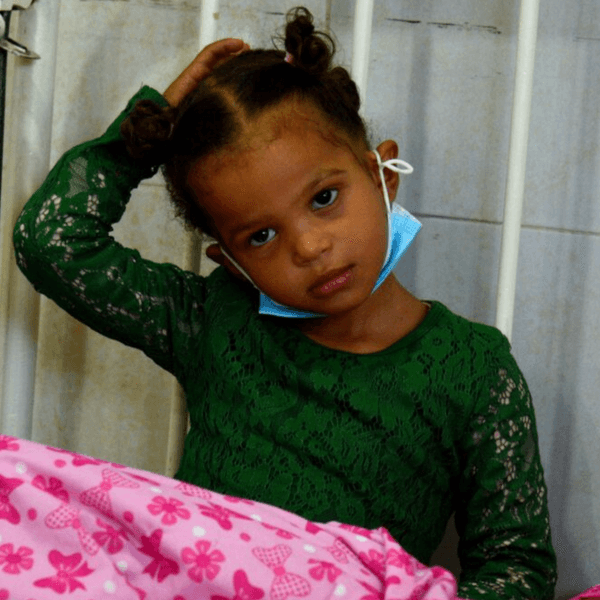A report by the United Nations' children's rights agency found that the United States' infant mortality rate is below average for high-income countries, and is only slightly lower than that of less economically-stable countries including Ukraine and Sri Lanka.
Four out of every 1,000 American newborns die within a month of being born, while other wealthy nations have an average infant mortality rate of three per 1,000 live births, according to UNICEF's report, entitled "Every Child Alive."
Iceland and Japan had the two lowest infant mortality rates, and countries including Finland, France, Estonia, and Germany all had far better rates of newborn survival. The vast majority of the countries on the report's list of high-income nations have government-run healthcare systems instead of allowing healthcare to be treated as a product offered by private health insurance companies like the United States does.
"We know we can save the vast majority of these babies with affordable, quality healthcare solutions for every mother and every newborn," Henrietta Fore, UNICEF's executive director, told the Guardian of worldwide infant mortality rates. "Just a few small steps from all of us can help ensure the first small steps of each of these young lives."
The report noted that Rwanda successfully cut its infant mortality rate in half--from 41 out of every 1,000 births in 1990 to 17 in 2016. The vast improvement in outcomes for newborns "was made possible by a committed government that took an active role in implementing a national insurance scheme that reached the poorest, most vulnerable mothers."
The Central African Republic, Somalia, and Afghanistan were the three most dangerous places to be born, with each recording more than 38 infant deaths per 1,000 live births.
Eighty percent of newborn deaths are brought on my preventable causes, according to the report.
"Millions of young lives could be saved every year if mothers and babies had access to affordable, quality healthcare, good nutrition, and clean water," reads the report. "But far too often, even these basics are out of reach of the mothers and babies who need them most."
UNICEF released the report ahead of a global campaign it is launching to advocate for better treatment of newborns and mothers by governments and healthcare systems around the world.




